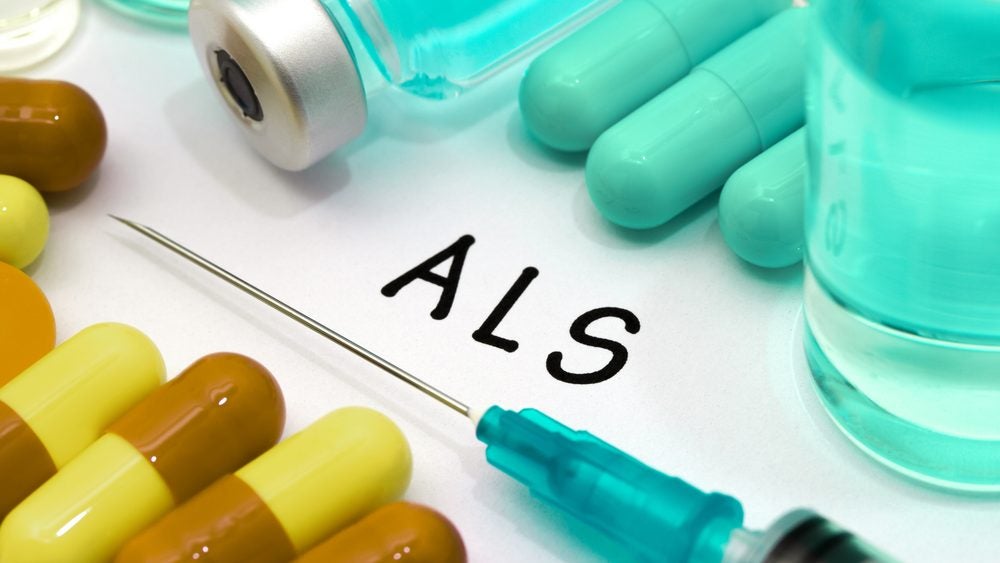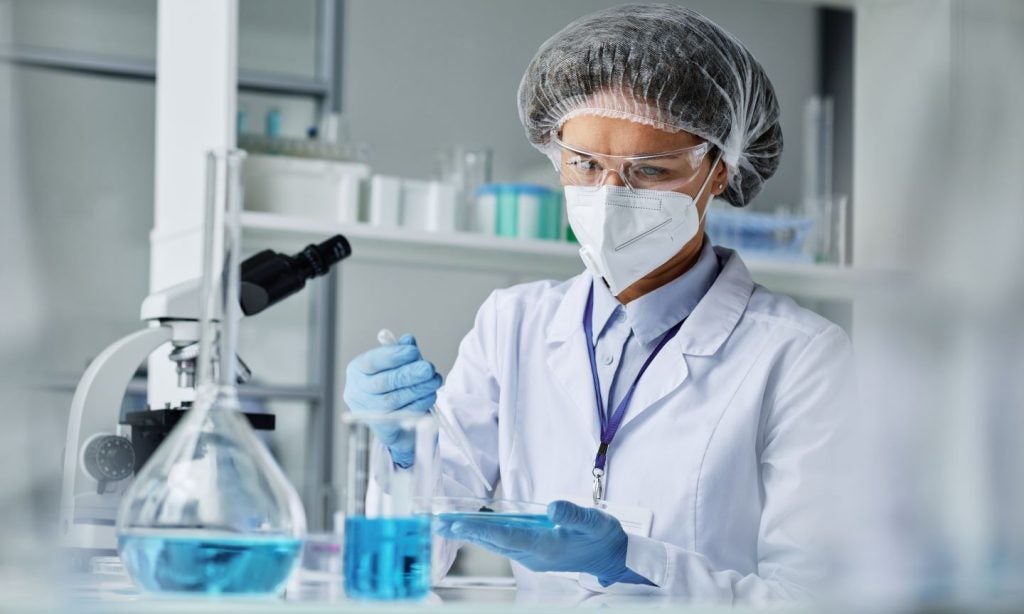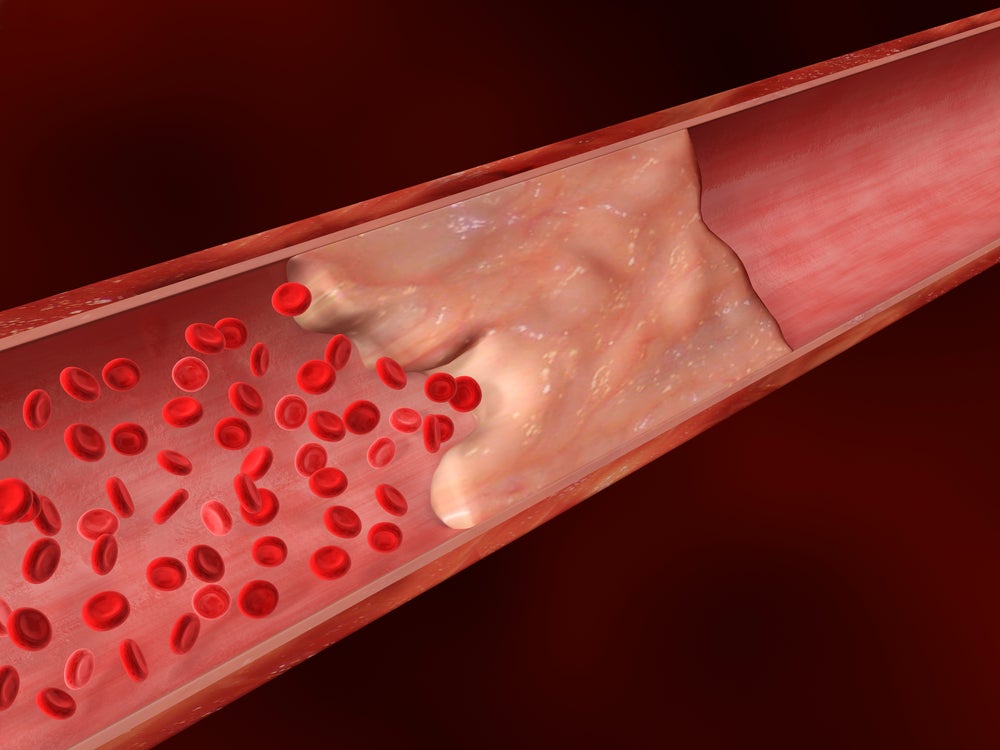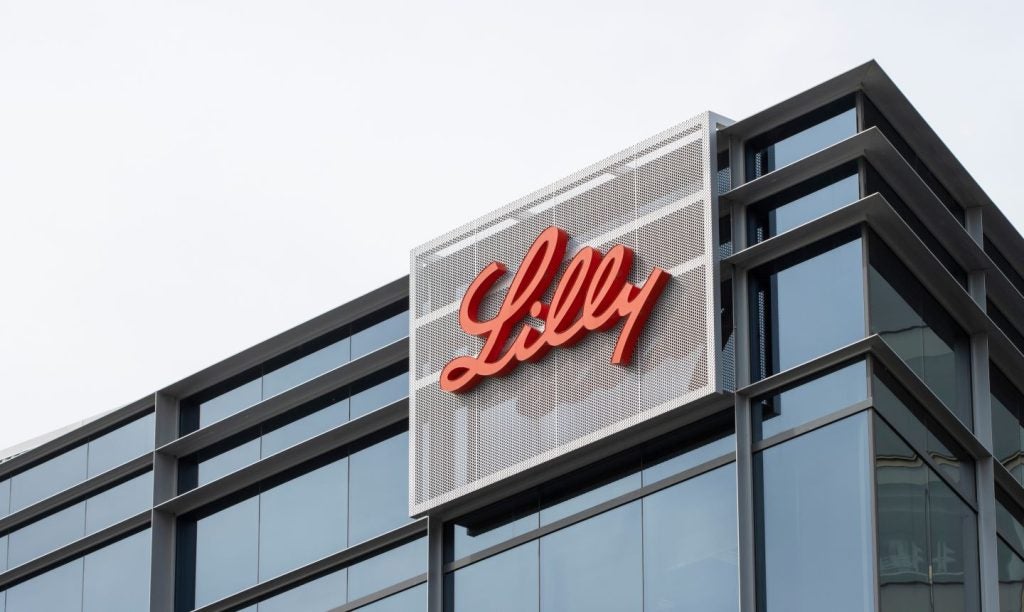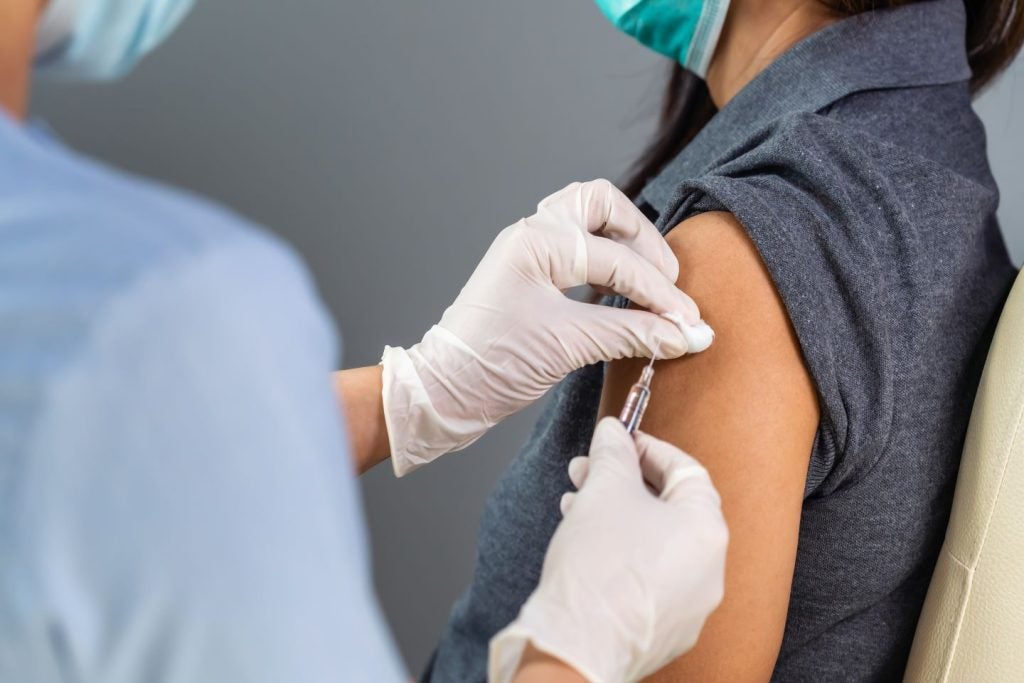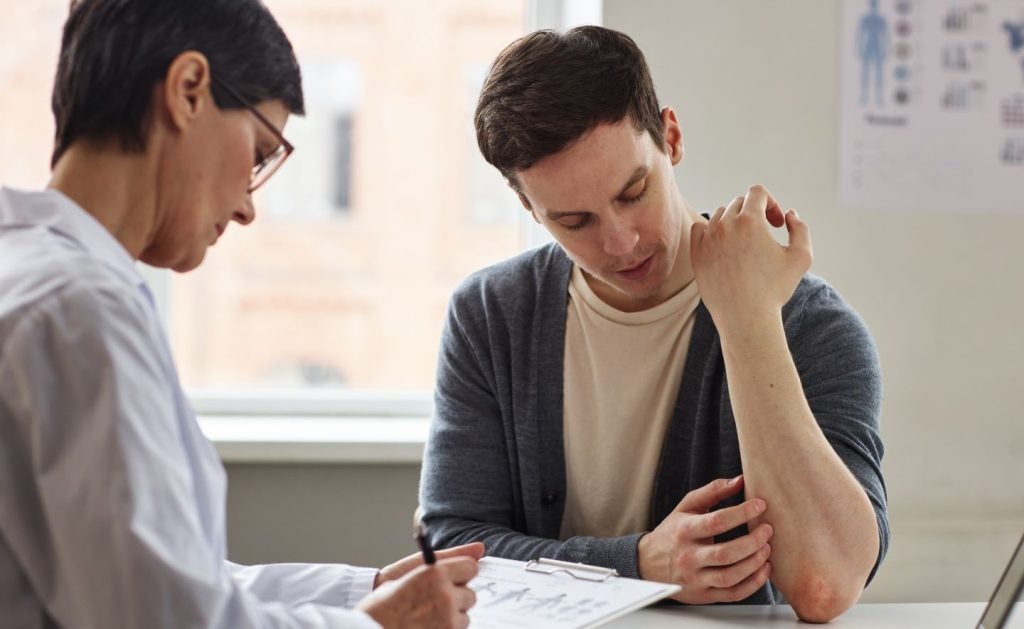Ionis and Biogen are halting the development of their experimental treatment for amyotrophic lateral sclerosis (ALS) after it failed to show improvement in patients in a Phase I/II study.
Data from the 99-patient ALSpire study (NCT04494256) demonstrated that BIIB105 failed to significantly reduce neurodegeneration or improve functional measures such as breathing. BIIB105, an investigational antisense oligonucleotide was designed to reduce the expression of ataxin-2 (ATXN2) protein. Despite demonstrating statistically significant ATXN2 reductions in the study, the drug showed no evidence of clinical benefit in any subgroup evaluated in the study.
This marks another setback in the search for new treatments for ALS, a progressive neurodegenerative disease that causes muscle weakness and paralysis. Last month, Amylyx Pharmaceuticals axed its ALS drug Relyvrio (AMX0035) from the market after its Phase III Phoenix trial failed to meet any of its endpoints.
However, this trial failure does not mark the end of Ionis and Biogen’s quest with ALS. The ALS candidate Qalsody (tofersen), which was developed by both, received an accelerated approval from the US Food and Drug Administration (FDA) in April 2023. The decision followed a recommendation from an FDA advisory committee where experts agreed that Qalsody’s ability to reduce levels of plasma neurofilament light (NfL), a biomarker of nerve injury and neurodegeneration, provided enough basis for a conditional approval. However, the panel voted against a full approval after a failed Phase III trial back in 2021.
GlobalData’s Pharmaceutical Intelligence Centre predicts global sales of Qalsody to reach $127m in 2030.
GlobalData is the parent company of Clinical Trials Arena.
Last month, BrainStorm Cell Therapeutics announced that it will be initiating a Phase IIIb confirmatory trial of its ALS candidate NurOwn (debamestrocel) following a previous Phase III failure. The FDA provided a written agreement under a special protocol assessment (SPA), on the design for the Phase IIIb trial of the stem cell therapy.
There are only two drugs approved for the treatment of ALS: Mitsubishi Tanabe's Radicava (edaravone) and generic drug riluzole. According to a report on GlobalData’s Pharma Intelligence Center, there will be 74,614 cases of ALS in the eight major markets (UK, US, Spain, Germany, Italy, France, Japan, and Canada).
In the announcement accompanying the trial results, Stephanie Fradette, head of the neuromuscular development unit at Biogen said: “While BIIB105 lowered ATXN2 protein, it did not reduce neurofilament, which gives us confidence that BIIB105 did not slow the disease process."


